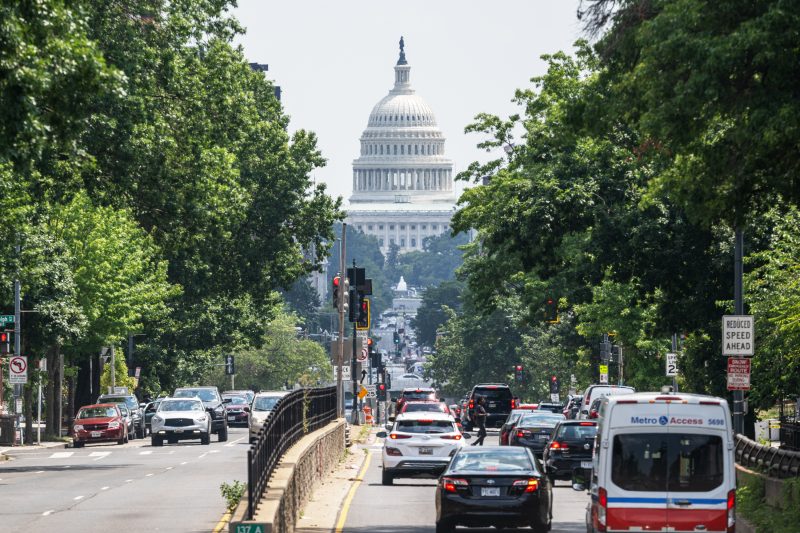
Lawmakers Set to Splurge in 2024 with Revolutionary Receipt-Free Expense Program
In a bold move to revolutionize expense management, lawmakers have embraced a receipt-free expense program that aims to streamline the reimbursement process and cut down on administrative burdens. The program, set to be implemented in 2024, represents a significant shift towards a more efficient and transparent way of handling expenses within legislative bodies.
Under the receipt-free expense program, lawmakers will no longer be required to submit physical receipts for reimbursement. Instead, they will be asked to provide detailed descriptions of their expenses, including the date, time, location, and purpose of each transaction. This new approach is expected to save time and resources, as it eliminates the need for archiving and processing stacks of paper receipts.
While some critics have raised concerns about the potential for abuse and lack of accountability in a receipt-free system, proponents argue that the program offers several key advantages. By digitizing expense information and requiring detailed descriptions, the program enhances transparency and auditability, making it easier to track and monitor spending activities.
Moreover, the receipt-free expense program is designed to foster greater efficiency in expense reporting and reimbursement processes. Lawmakers can simply input their expense details into a centralized digital platform, which automates the approval and reimbursement workflow. This not only reduces the administrative burden on lawmakers and staff but also accelerates the reimbursement timeline, ensuring that funds are disbursed in a timely manner.
In addition to promoting efficiency and transparency, the receipt-free expense program is also expected to yield cost savings for legislative bodies. By eliminating the need for paper receipts and manual processing, the program reduces overhead expenses associated with traditional expense management systems. These cost savings can then be reinvested into other critical areas, such as public services and infrastructure development.
Overall, the introduction of a receipt-free expense program marks a significant step forward in modernizing legislative expense management practices. By leveraging digital technologies and streamlining processes, lawmakers are poised to operate more efficiently, transparently, and cost-effectively. As the program rolls out in 2024, it will be crucial to monitor its implementation and impact closely, ensuring that it fulfills its promise of enhancing accountability and stewardship of public funds.
